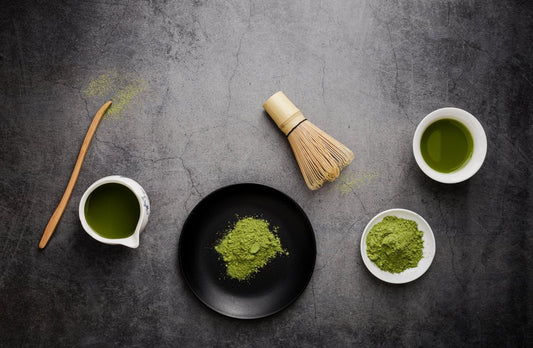The Fragrant Brew: Unpacking Jasmine Tea's Significance in Chinese and Asian Culture
Tea has been an integral part of Chinese and Asian culture for centuries, with a wide variety of teas being consumed across different countries and regions. Among these, jasmine tea stands out as one of the most popular and widely consumed teas. It is a fragrant and delicious tea that is made by blending green tea leaves with jasmine flowers. In this blog post, we explore the role of jasmine tea in Chinese and Asian tea culture.
1. A Symbol of Chinese Hospitality
Jasmine tea originated in China during the Song dynasty, and its popularity quickly spread to other parts of Asia. In Chinese culture, jasmine tea became a symbol of hospitality and is often served to guests as a sign of respect and goodwill. It is also a common drink during Chinese weddings and other celebrations.
2. Japan’s Summer Sip: Sanpin Cha
In Japan, jasmine tea is known as sanpin cha and is often served in sushi restaurants and other Japanese eateries. It is also consumed as a refreshing drink during the summer months.
3. A Flavourful Pairing: Jasmine Tea in Vietnam
In Vietnam, jasmine tea is often served alongside strong Vietnamese coffee, creating a unique flavour combination that is beloved by locals and tourists alike.
4. A Healing Aroma: Jasmine Tea in Chinese Medicine
Jasmine tea also plays an important role in Chinese medicine. It is believed that the fragrance of jasmine flowers has a therapeutic effect on the body and mind. It has been used to treat a variety of ailments, including headaches, insomnia, and digestive issues.
5. Beyond the Cup: Jasmine in Cosmetics and Fragrances
In addition to its medicinal properties, jasmine tea is also a popular ingredient in cosmetics and beauty products. The antioxidants and other beneficial compounds found in jasmine flowers have been shown to have a positive impact on skin health. Jasmine oil is often used in perfumes and other fragrances as well.
A Timeless Classic: Jasmine Tea’s Lasting Legacy in Chinese and Asian Culture
Jasmine tea is a beloved part of Chinese and Asian tea culture, with a rich history and many health benefits. Whether enjoyed as a refreshing drink on a hot summer day or used as a medicinal remedy for various ailments, jasmine tea is a versatile and delicious beverage that is sure to continue its popularity for generations to come.




